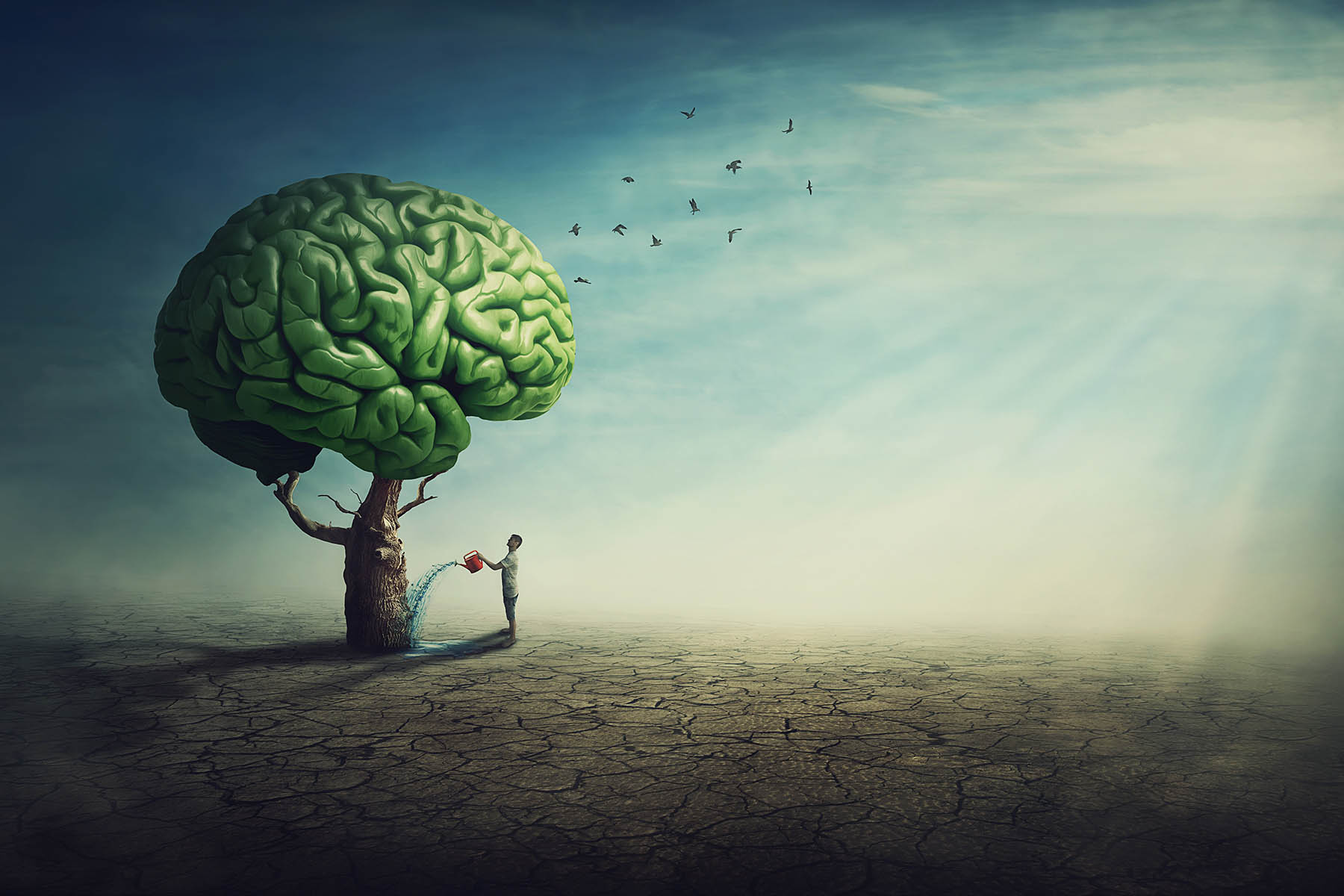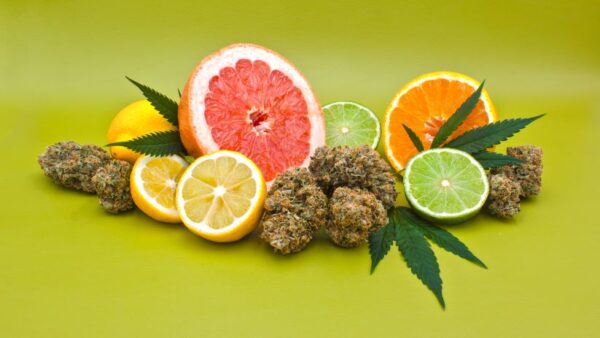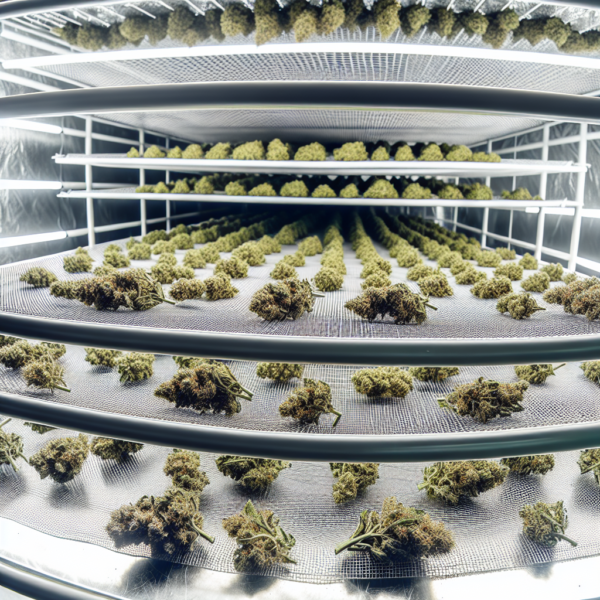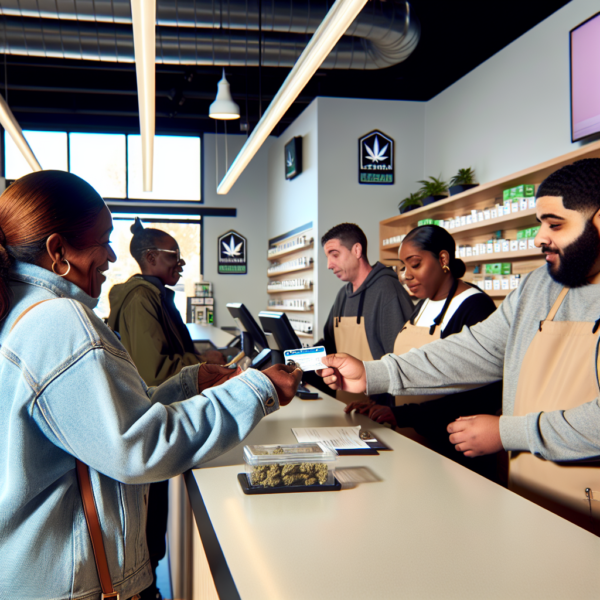Cannabis and mental health have become increasingly intertwined in medical research and public discussion. As cannabis use becomes more mainstream, scientists are uncovering how its compounds—particularly THC and CBD—interact with the brain. While some users report reduced anxiety and improved sleep, others experience paranoia or worsened symptoms of existing mental health conditions. Understanding both the benefits and the risks is essential for anyone considering cannabis as part of their wellness routine.
How Cannabis Interacts with the Brain
Cannabis exerts its effects through the endocannabinoid system (ECS), a network of receptors that help regulate mood, stress, memory, and sleep. THC binds directly to CB1 receptors in the brain, altering perception and mood. CBD, on the other hand, interacts more indirectly and may help balance the psychoactive effects of THC. This complex interaction is why cannabis can produce such varying responses among users.
Can Cannabis Help with Anxiety and PTSD?
CBD’s Role in Reducing Anxiety
Research suggests that CBD may help reduce anxiety by promoting a sense of calm without intoxication. Many users report that CBD-rich strains or oils help manage stress and social anxiety.
PTSD and Nighttime Relief
For people with post-traumatic stress disorder (PTSD), cannabis may provide relief by improving sleep and reducing nightmares. Preliminary studies show that cannabinoids might interrupt the brain’s fear response, offering a reprieve from intrusive memories.
The Uncertain Role of Cannabis in Depression
Mixed Evidence in Research
Cannabis and depression share a complicated relationship. Some individuals use cannabis to lift their mood, citing relief from sadness and lack of motivation. However, other studies indicate that frequent use—especially of high-THC strains—could worsen depressive symptoms over time.
Temporary Relief vs. Long-Term Impact
Short-term use may mask symptoms, but excessive or daily use might interfere with emotional regulation. Experts emphasize that cannabis is not a substitute for professional mental health treatment.
THC and Psychosis: A Warning Sign
Increased Risk of Schizophrenia
Numerous studies have linked high-THC cannabis use to psychosis and schizophrenia, particularly in people with a genetic predisposition. Heavy, frequent use during adolescence may increase this risk.
Early Intervention is Key
Recognizing early signs of psychosis—such as paranoia, delusions, or hallucinations—is critical. Anyone with a family history of psychotic disorders should exercise caution with THC-rich products.
Cognitive Effects and Memory Concerns
Short-Term Impairment
Cannabis can affect short-term memory, attention, and learning, especially while under the influence. These effects are most pronounced in younger users whose brains are still developing.
Reversibility with Abstinence
Fortunately, many of these cognitive effects may be reversible after sustained periods of non-use. Still, moderation is advised, especially for adolescents and young adults.
Cannabis Use Disorder and Dependency
Recognizing the Signs
While often seen as less addictive than alcohol or opioids, cannabis can lead to cannabis use disorder (CUD) in some users. Symptoms include strong cravings, increased tolerance, and withdrawal effects like irritability and insomnia.
Reducing Risk
To avoid dependency, users should monitor their consumption, take tolerance breaks, and seek support if cannabis use begins interfering with daily life.
CBD vs. THC: Different Effects, Different Risks
CBD: Therapeutic Without the High
CBD is not intoxicating and may reduce anxiety, inflammation, and stress. It’s often favored by users looking for relief without altered perception.
THC: Potent and Psychoactive
THC can induce euphoria but also carries a higher risk for anxiety, panic attacks, and dependency. Strains with balanced CBD-to-THC ratios may offer a gentler experience.
The Importance of Dose and Strain
Start Low, Go Slow
Dosage plays a major role in how cannabis affects mental health. Low doses of THC may relax some users, while high doses can provoke anxiety or disorientation.
Choose the Right Strain
Indica strains often promote relaxation and sleep, while sativas can increase energy and, in some cases, anxiety. Balanced or hybrid strains may offer a middle ground for those with mental health concerns.
Individual Differences Matter
Genetics and Brain Chemistry
Responses to cannabis vary widely. Genetics, hormone levels, brain chemistry, and current medications all influence how cannabinoids affect mental health. Personalized approaches are best.
Pre-Existing Conditions
People with anxiety, depression, or mood disorders should consult a healthcare provider before using cannabis. It’s important to avoid self-medicating without guidance.
Cannabis and mental health are deeply connected, with growing research showing both promise and caution. From anxiety relief to risks of dependency or psychosis, the effects depend on dosage, cannabinoid profile, and individual health. As interest continues to rise, so does the need for informed, responsible use.
To learn more about how cannabis affects brain chemistry and behavior, read our feature on The Science of Cannabis: Breaking Down Cannabinoids.







